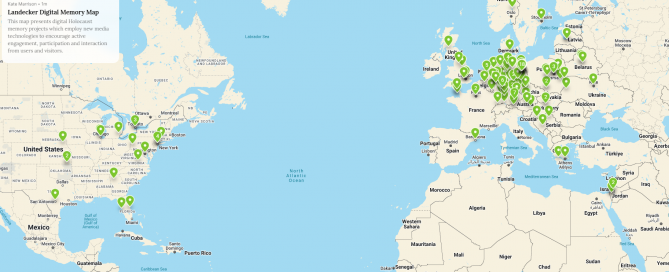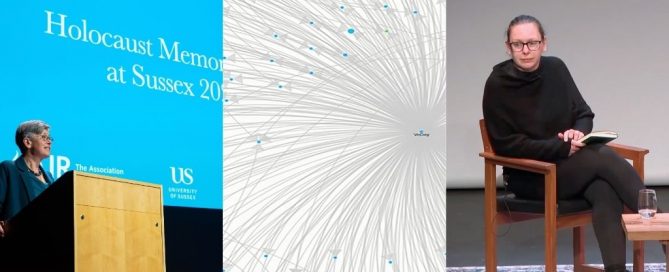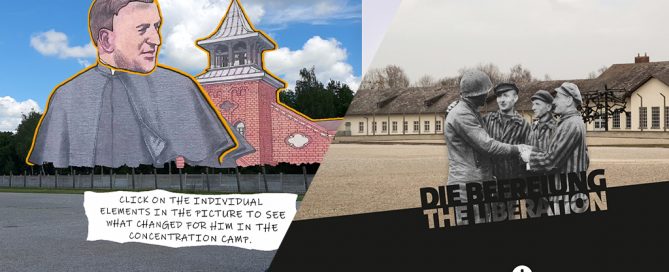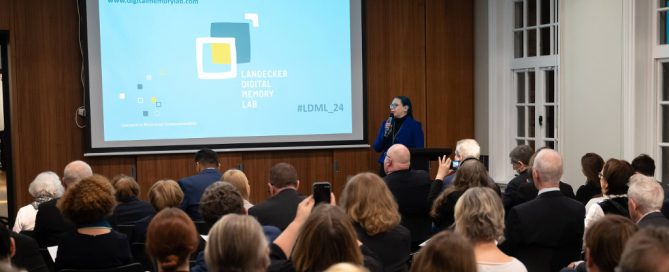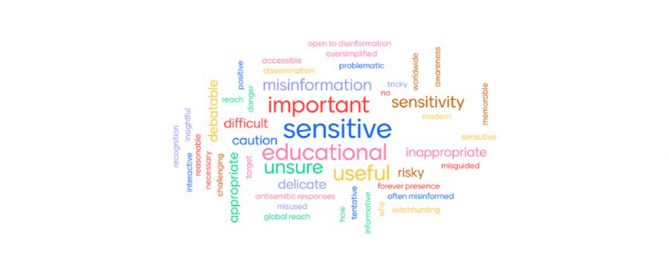Building a Living Database, Part 1: Mapping the World’s Digital Holocaust Memory Projects
By Dr Kate Marrison, Research Fellow, Landecker Digital Memory Lab Today the Landecker Digital Memory Lab launches its digital map of global Holocaust memory, coinciding with the 80th anniversary of the liberation of Bergen-Belsen. Research Fellow Dr Kate Marrison sets out its ambitious aims. This year marks a major milestone anniversary – 80 years since the end of the Second World War and thus, (more than) eight decades since the liberation of the camps. The UK Holocaust Memorial Day Trust’s theme for International Holocaust Remembrance Day, ‘For a Better Future’ feels particularly pertinent as the Holocaust moves from an event in living history to forms of “mediated memory” (Young, 2000). Aligned with the Landecker Digital Memory Lab’s central mission of “ensuring a sustainable future for Holocaust memory in the digital age”, this moment offers an opportunity to look ahead and think critically about the possibilities of our digital futures. So, what does digital memory practice look like today and how might it shape Holocaust memory going forward? Listening across sectors After listening to more than 120 memory professionals, tech practitioners, educators, designers, curators, creatives and academics working in this field, we observed that the current digital Holocaust memoryscape is [...]
